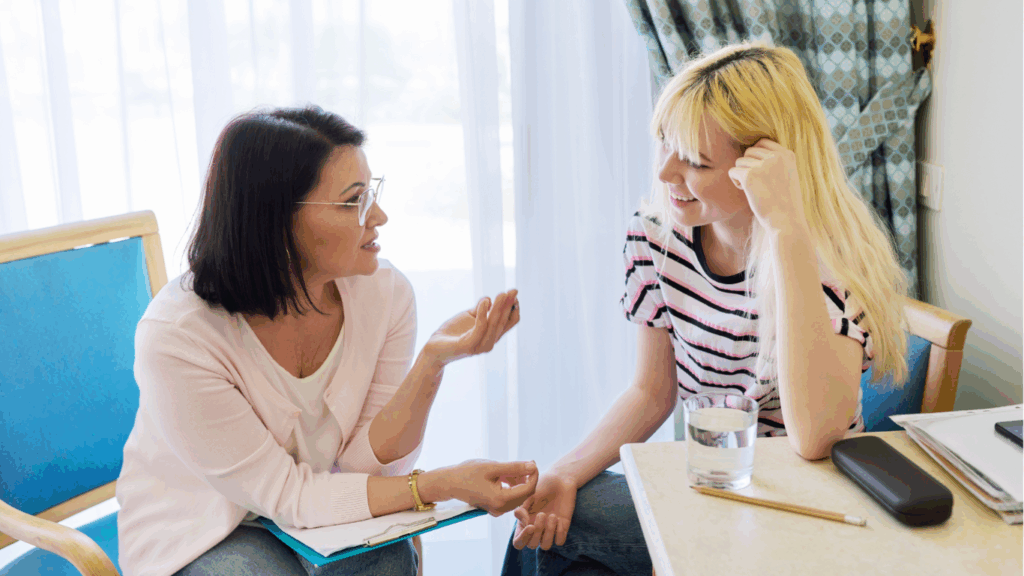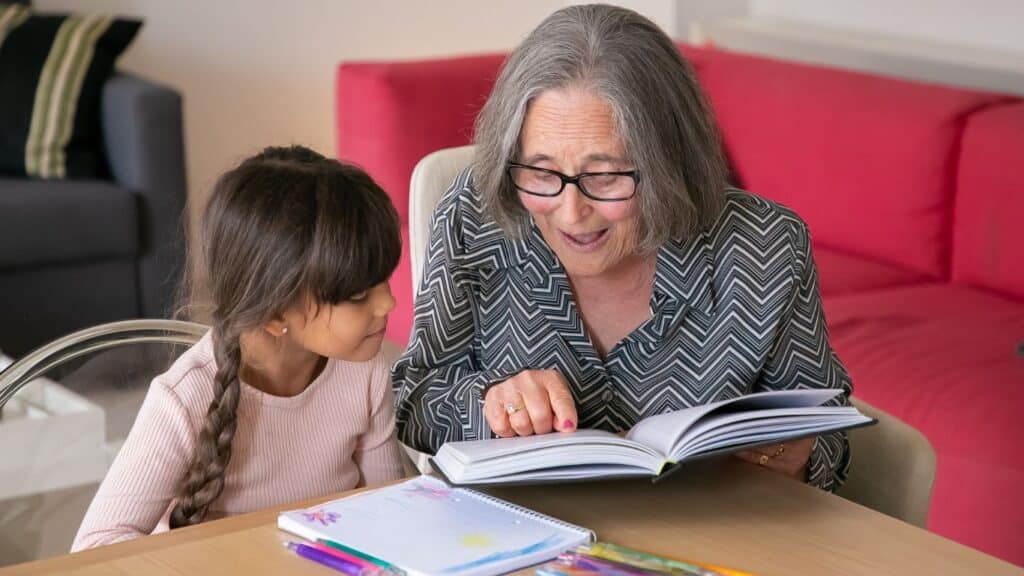Before you travel
- Know the country you would like to adopt a child from and read up on the potential medical issues your child may have.
- Before travelling, get your own vaccinations up-to-date by making a visit to your local travel clinic (if you don’t know your local travel clinic, your local health unit should have a list).
- Make an appointment with your doctor to alert them to the fact that you will be bringing a child home and some of the medical issues the child may have.
- Buy plenty of medical supplies to take with you (see sidebar on right).
- If you intend to take children on the trip who are not vaccinated, either have them vaccinated or don’t bring them along: at the very least it is high risk, at the worst it’s potentially deadly. If you do travel with children, bring copies of their health records–you can usually get them from your doctor or local health unit.
- Child-parent attachment can be an issue for children arriving home from an institution. Read up on how to facilitate attachment and ask AFABC for details about attachment before you go.
Once you’re there
- When you’re in the country, be careful where you eat and drink. Avoid ice cubes as freezing doesn’t kill all the bacteria/larvae.
- Bring plenty of hand sanitizer with you and use it often.
- When you meet your child, look out for open sores, rashes, or signs of infection.
- Check between their fingers and toes for signs of larval infestations–scabies is common in children adopted from orphanages.
- Watch our for skin discolouration which may indicate jaundice (yellowing of eyes/skin) or a blood disorder (excessive bruising/petchiae).
- Get as much information about your child’s health from the orphanage doctor as you can. However, don’t assume that the records are accurate.
| Supply list: |
Now you’re home
Within the first couple weeks of being home, take your child to your family doctor. Ask them to do blood tests, such as an ELISA titre which screens for signs of several past or present diseases/infections. It doesn’t screen for everything, so consult with your doctor about other tests that may need to be done.
Make a visit to the health unit nearest you. They are a great source of information, they can give shots, give advice on developmental milestones and can refer you to the Infant Development/Child Development Center, speech/hearing therapists, and occupational therapists and physiotherapists.
Some potential health problems in international adoption
Before birth
- Prematurity
- Low birth weight
- Pre-natal exposure to drugs, alcohol, or sexually transmitted infections
- Congenital birth defects: cleft lip and palate, heart defects, scoliosis (curvature of spines), strabismus (crossed eyes)
- Genetic or metabolic conditions: Down syndrome, hemophilia, sick cell anaemia, thalassemia (major or minor) blood disorder, hypothyroidism, diabetes
- HIV/AIDS, hepatitis B or C
At birth
- Birth injuries often related to insufficient or lack of oxygen at birth (cerebral palsy)
- Seizure disorder
- Substance withdrawal (extreme irritability, tremors, excessive crying)
After birth
- Infections: viruses, parasites, infestations (scabies, lice)
- Growth problems: malnutrition, anemia
- Emotional behaviours: Detached, anxiety, sleep disorders
- Foods/environmental: Allergies
- Failure to thrive
BC Medical – You’re covered
Once a child becomes your responsibility, they are covered by BC Medical, even if you don’t have a medical care card for them yet. When you take your child to the doctor, you have two options: either ask the doctor to wait to bill for their services until the child has a care card number, or pay for the visit, keep the receipt, and send it to the Medical Services Plan which will reimburse you.





